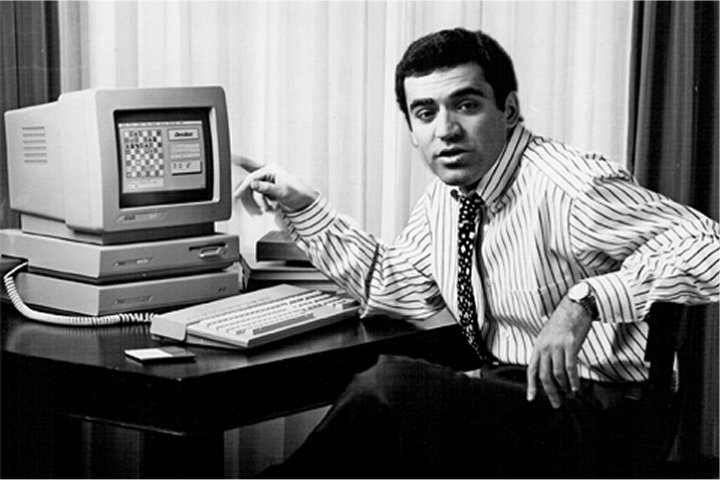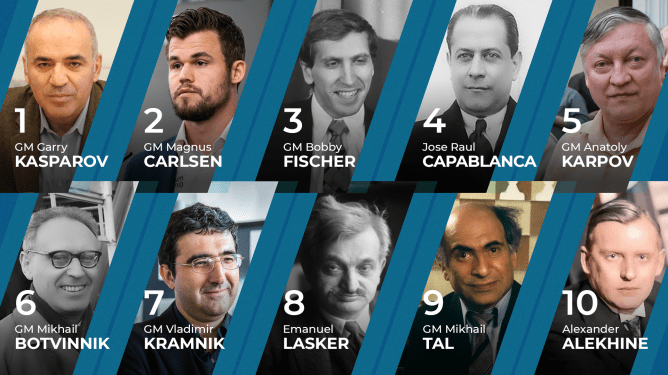ORRFForever
Registered User
- Oct 29, 2018
- 18,019
- 9,457
Also...It's a process! As long you enjoy the grind that comes with improvement, you'll start to see those steps happening.
Starting out, do lots of puzzles and play other people when you can! Computer errors are so random that it can be difficult to learn from.
As @Grey Sky said, chess.com is an excellent tool and forum to learn from.
Play on line, RESIST the urge to cheat when playing on line, and try to calculate without moving pieces on the electronic board - you won't get that chance in an "over the board" game.
When I was young, the ONLY chance you had to play a strong player was at a club or at a tournament. It is a golden age of chess where games are available 24/7/365.
Last edited:





